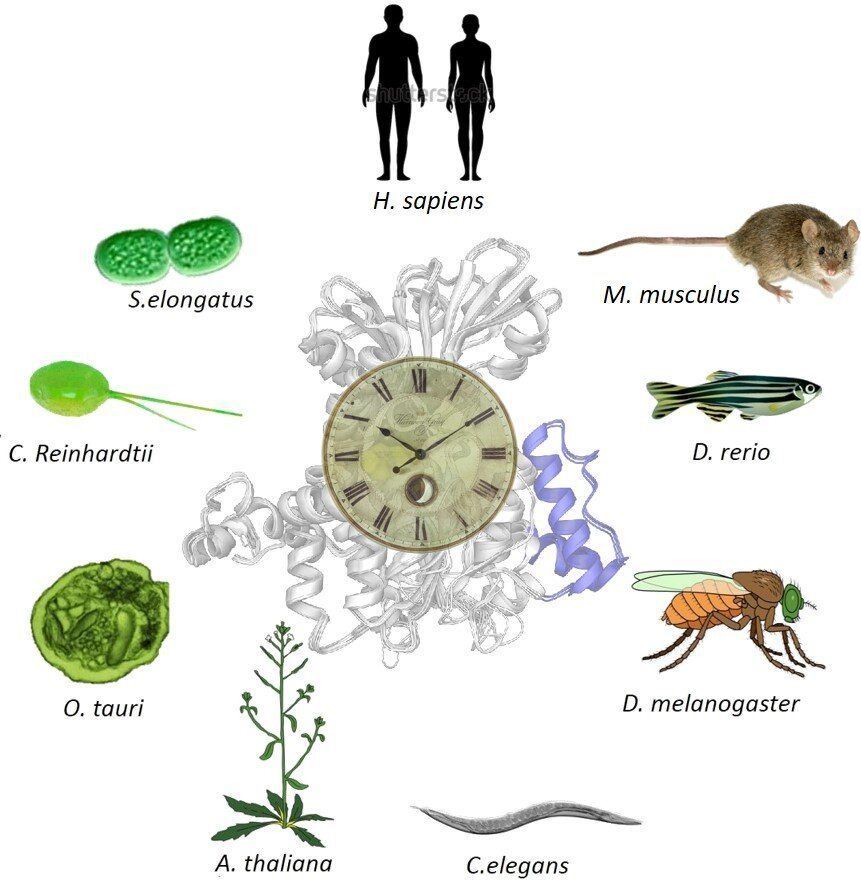Every second of every day, countless biochemical reactions take place in our bodies’ cells. The organization of this complex system is the result of billions of years of evolution, fine-tuning our functions since the first primordial organisms.
One such vital reaction is “methylation,” where a methyl group —a carbon atom linked to three hydrogen atoms—attaches itself to a target molecule. Methylation is involved in the regulation of everything from DNA to proteins, and it is so vital that it can be found in all living organisms.
In a recent paper published in Communications Biology, a team of researchers lead by Jean-Michel Fustin and Hitoshi Okamura from Kyoto University’s Graduate School of Pharmaceutical Sciences has uncovered an intimate connection between methylation and the body’s circadian rhythms: a link that exists even in organisms that don’t traditionally “sleep,” such as bacteria.









Comments are closed.